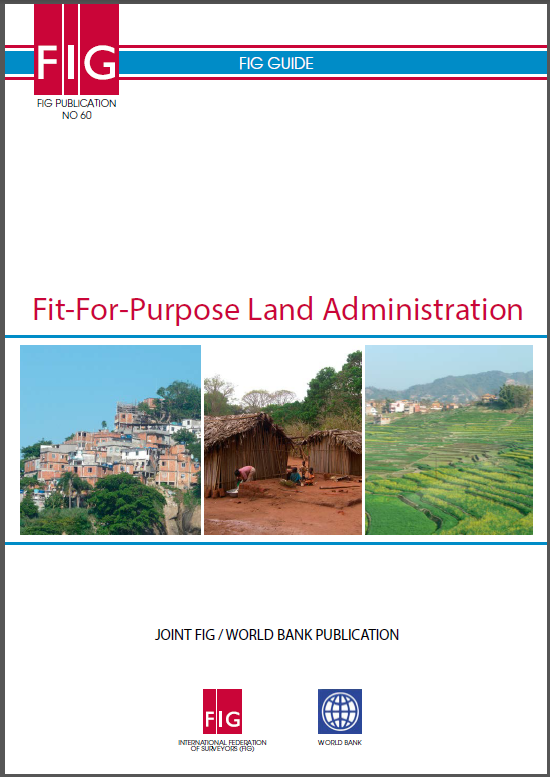The World Bank is a vital source of financial and technical assistance to developing countries around the world. We are not a bank in the ordinary sense but a unique partnership to reduce poverty and support development. The World Bank Group has two ambitious goals: End extreme poverty within a generation and boost shared prosperity.
- To end extreme poverty, the Bank's goal is to decrease the percentage of people living on less than $1.25 a day to no more than 3% by 2030.
- To promote shared prosperity, the goal is to promote income growth of the bottom 40% of the population in each country.
The World Bank Group comprises five institutions managed by their member countries.
The World Bank Group and Land: Working to protect the rights of existing land users and to help secure benefits for smallholder farmers
The World Bank (IBRD and IDA) interacts primarily with governments to increase agricultural productivity, strengthen land tenure policies and improve land governance. More than 90% of the World Bank’s agriculture portfolio focuses on the productivity and access to markets by small holder farmers. Ten percent of our projects focus on the governance of land tenure.
Similarly, investments by the International Finance Corporation (IFC), the World Bank Group’s private sector arm, including those in larger scale enterprises, overwhelmingly support smallholder farmers through improved access to finance, inputs and markets, and as direct suppliers. IFC invests in environmentally and socially sustainable private enterprises in all parts of the value chain (inputs such as irrigation and fertilizers, primary production, processing, transport and storage, traders, and risk management facilities including weather/crop insurance, warehouse financing, etc
For more information, visit the World Bank Group and land and food security (https://www.worldbank.org/en/topic/agriculture/brief/land-and-food-security1
Resources
Displaying 1921 - 1925 of 4907Fit-For-Purpose Land Administration
The current solutions to delivering land administration services have very limited global outreach; 75 percent of the world's population do not have access to formal systems to register and safeguard their land rights. The majority of these are the poor and the most vulnerable in society and without any level of security of tenure they constantly live in threat of eviction.
Gender at Work : Emerging Messages
Good jobs bring gains for women themselves, as well as for their families, businesses, and communities. They boost self-esteem and pull households out of poverty. Yet gender disparities persist in the world of work. Closing these gaps, while working to expand job growth more broadly, is a prerequisite for ending extreme poverty and boosting shared prosperity. Gender equality in the world of work is a win-win on many fronts. There is a large and growing body of evidence that demonstrates both the business and the development case.
'We Want What the Ok Tedi Women Have!' Guidance from Papua New Guinea on Women's Engagement in Mining Deals
Despite global gender equality gains in
education, life expectancy, and labor force participation,
two areas of persistent inequality remain: asset gaps and
women's agency. In many developing countries, including
Papua New Guinea (PNG), land and natural resources are
citizens' key assets. This briefing note, centered on
field research in north fly district explores the process of
negotiation and the progress in implementation of the
Gender and Land Administration : Issues and Responses
Land rights for women are important to
women's overall role in the household economy. In most
Europe and Central Asia (ECA) countries, women have equal
rights to land by law, but practice varies widely across the
region. Improving gender outcomes in land administration is
therefore related more to education and the need to change
norms and habits than it is to a specific legislative
problem. Access to gender-disaggregated data and the
Land Reform in Mozambique
This brief includes the following
headings: rationale, objectives, and basic features of the
1997 land law; acquiring land-use rights; obstacles to
transferring urban land-use rights; promote the productive
use of Direito de Uso e Aproveitamento dos Terras, or
DUATs; and enforce the land tax.







